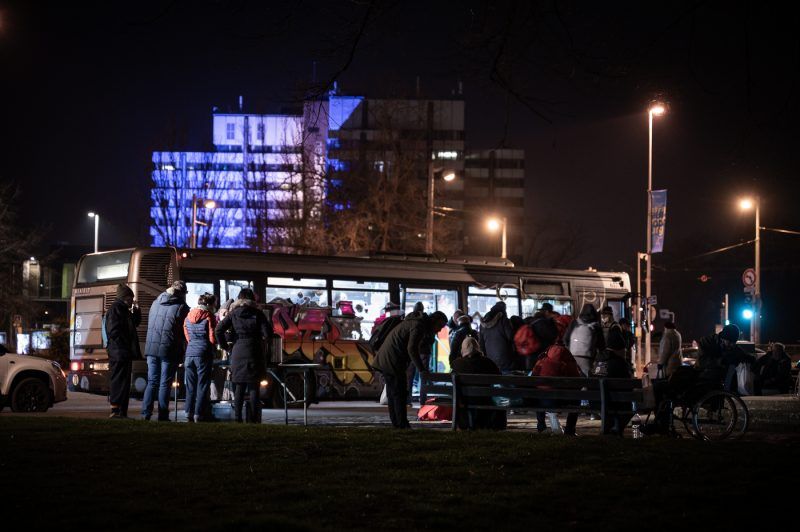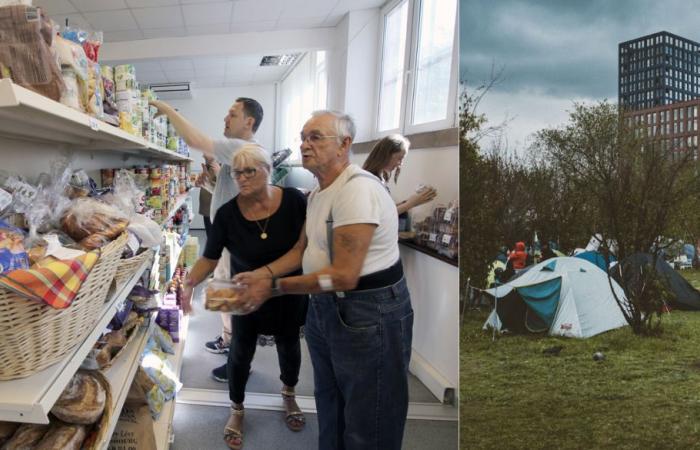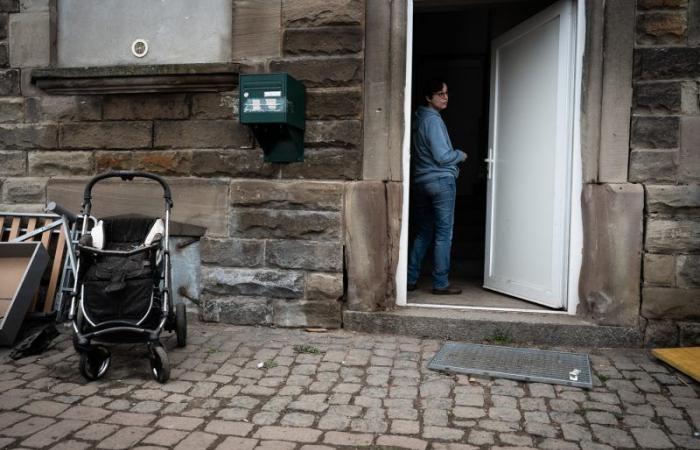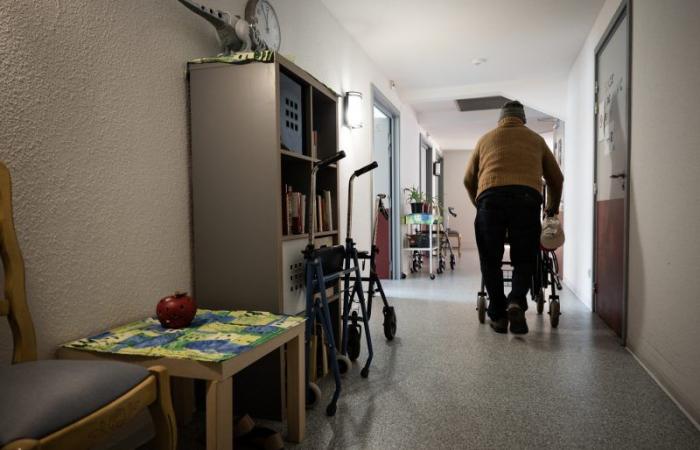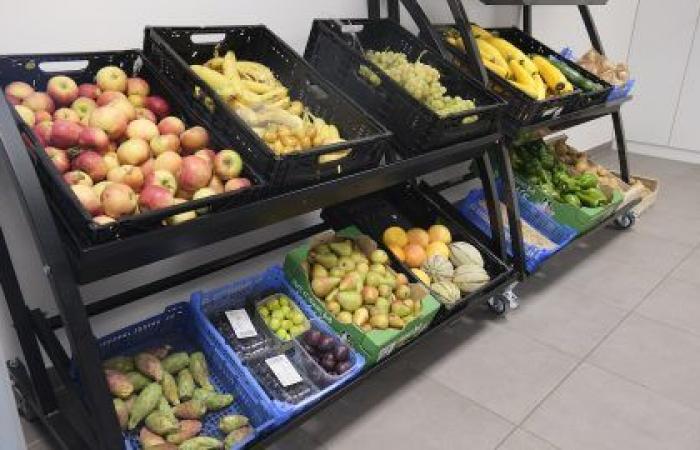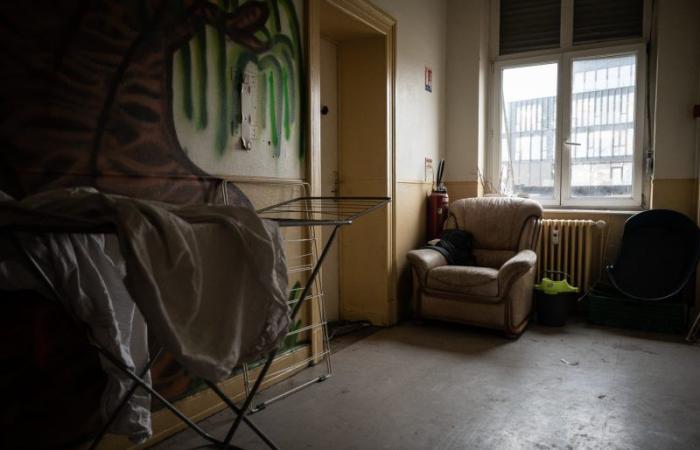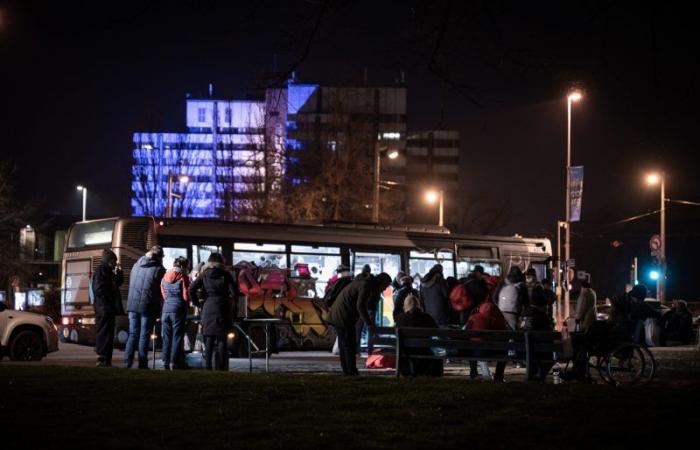On November 4, Strasbourg signed a new agreement with the CAF, in a context of increasing precariousness. On November 14, Caritas Alsace bore witness to the explosion of poverty in the region. The opportunity to look back at the figures of a phenomenon now established in time, to make an observation, but also a message of hope.
During the municipal council of November 4, Strasbourg signed a new agreement with the CAF (Family Allowance Fund), in order to improve its fight against precariousness and poverty. A blatant reality in our city, where 26% of residents lived below the poverty line in 2022 [un chiffre qui a sans doute dû augmenter depuis, ndlr].
An observation shared by nearly twenty associations fighting against precariousness, united within the Collective against precariousness, who demonstrated on November 16 in Strasbourg.
But the region's large cities are no longer the only ones affected by the explosion of precariousness: in its latest activity report, Caritas Alsace notes a sharp increase in poverty in rural areas, with a 20% increase in its activities. “Worrying figures” according to Arnaud Fritsch, its general director, especially « that they are long-term and that they get worse from year to yeare ».
According to the latest figures from the CAF du Bas-Rhin, 91,230 Strasbourg residents are beneficiaries, which corresponds to a covered population of 175,068 people. To put it another way: 60.2% of Strasbourg residents are at least covered by a legal benefitthe. A much higher rate for our city than in Bas-Rhin, which has 47% of people covered by a legal benefit.
Increasing student insecurity
Among these nearly 175,000 people, the most represented are first and foremost those aged 40-59, with 36%. More worrying, the percentage of people under 25 affected by benefits increased by 0.4%, to represent 18% of the total. Furthermore, 24% of CAF beneficiaries are studying in Strasbourg, compared to only 11% in Bas-Rhin.
Beyond housing issues, we have students who are no longer able to clothe themselves and feed themselves.
A numerical reality which is not that surprising, given the rapid increase in student precariousness, also noted by Caritas Alsace. Indeed, 6% of those who ask them for help are under 25 years old, and if the figure is still “low”, it is constantly increasing. So much so that after deploying the Perm'campus system for precarious students with Unistra, Caritas Alsace also set it up in Mulhouse.

A precariousness that affects everyone, everywhere
Precariousness in Alsace and Strasbourg affects almost everyone: according to Caritas Alsace, 27% of aid seekers are couples with child(ren), while 25% are single mothers and 22% single men. According to Arnaud Fritsch, there are also retirees who, even if they own their home, are no longer able to heat themselves in winter, because of the rising cost of living.
The profiles are diversifying and so is the geography: formerly reserved for large cities and urban centers, precariousness now extends to more rural areas. To put it another way, the phenomenon is increasing everywhereexplaining the 20% increases in financial aid, the number of beneficiaries of solidarity grocery stores or the number of food packages distributed by Caritas Alsace in 2024. This is also why the association continues its bicycle maraudes, and particularly outside the city center where, if homelessness is less visible, it is no less real.
Today, we see people arriving who prefer to have a croissant and a coffee at our place, and reserve breakfast at home only for their children.

And in fact, there is another consequence of the increase in the cost of living: if 50% of people earn less than €400, for the first time, 6% of people coming to Caritas Alsace have more than €1,200 per month in resources. At the same time, 26% of the association's beneficiaries work full-time permanent contracts; in other words, having a stable job is no longer a barrier to job insecurity.
It is therefore not surprising that in 2024, Caritas gives 120 breakfasts per day (on average) in their office on rue de l'Arc-en-ciel in Strasbourg, compared to 80 in 2023. In addition, the association has also opened two solidarity grocery stores, in Cronenbourg and Neuhof. Structures that are preparing to help more and more families, all affected by the explosion of poverty.

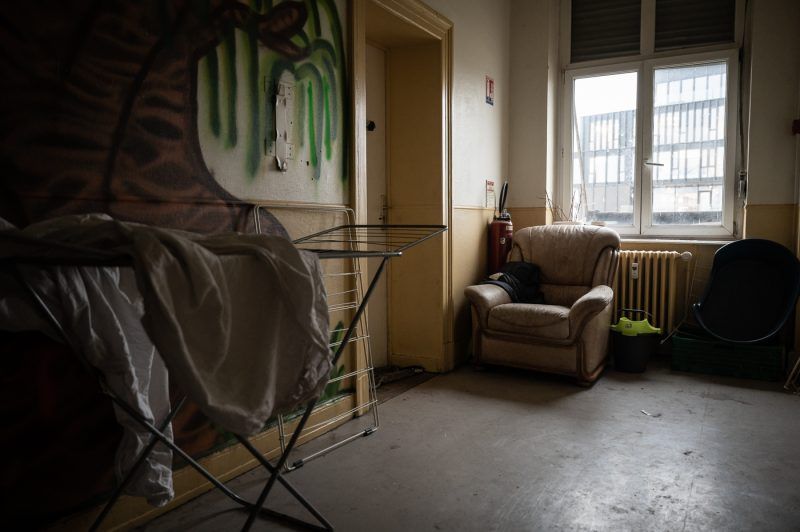
Despite the explosion of precariousness, a message of hope
In 2024, « Caritas Alsace helped 13,000 households »distributed “783 tonnes of food aid” and recorded nearly 112,000 visits to its 80 reception locations. But despite the explosion of precariousness, the association's message for the years to come is positive: « These figures are alarming, but should not give up on us. We cannot simply observe this, we must act with the State and local authorities. »
Especially since sometimes, people arriving at Caritas then manage to bounce back and escape poverty. A reality that Arnaud Fritsch wants to highlight: « We must send a message of hope: the outstretched hand works. Without naivety, despite everything, people have pushed our doors open and escaped. It is possible to sustainably fight poverty in Alsace. »
